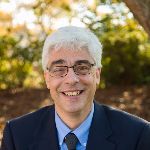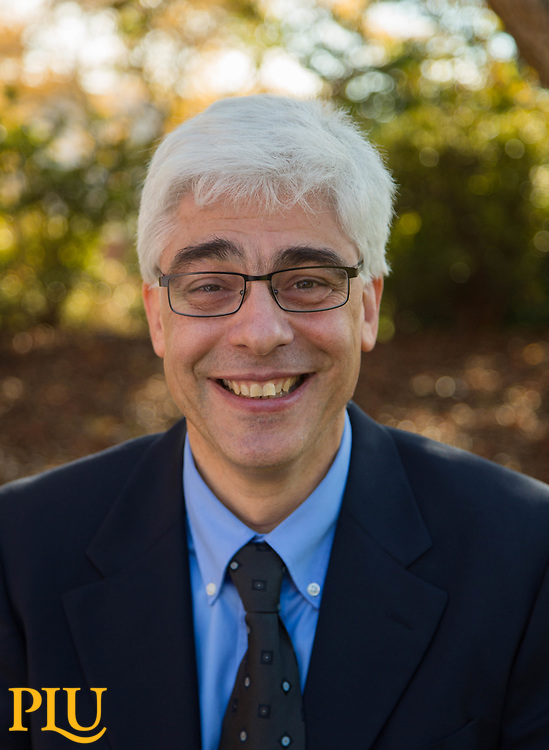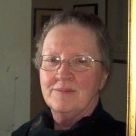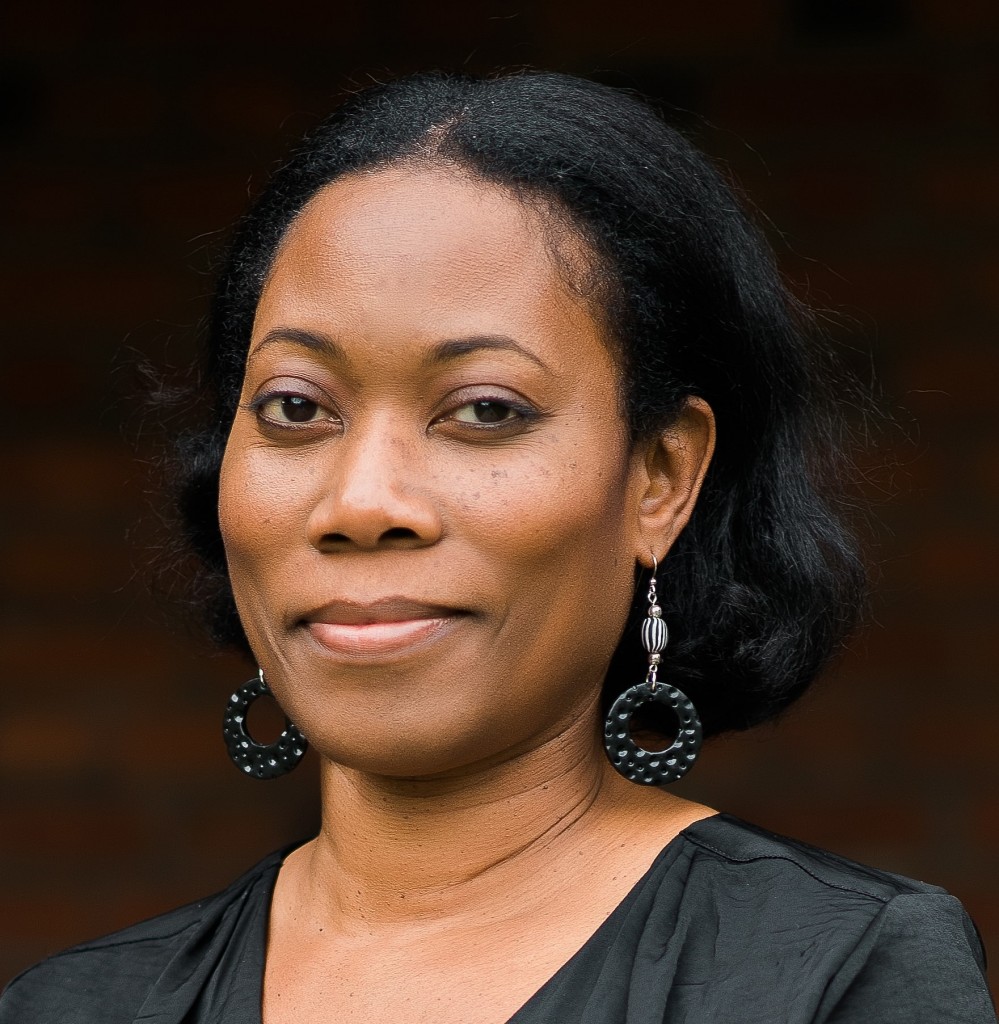Page 212 • (12,336 results in 0.043 seconds)
-
ENGL 434 Seminar: Writing, Literature, and Public Engagement - SR ENVT 499A Capstone: Senior Project - SR ENVT 499B Capstone: Senior Project - SR ESCI 499 Capstone: Senior Seminar - SR FREN 499 Capstone: Senior Project - SR GLST 499 Capstone: Research Seminar - SR GSRS 499 Senior Capstone - SR HISP 499 Capstone: Senior Project - SR HIST 499 Seminar: History - SR IDST 499 Capstone: Research Seminar - SR KINS 499 Capstone: Senior Seminar - SR MATH 499A Capstone: Senior Seminar I - SR MATH 499B
-

Descriptive Study." Internation Journal of Exercise Science Vol. 6(1), 2013: 52-62. B.E. Saelens and C. Papadopoulos. "The Importance of the Built Environment in Older Adults’ Physical Activity: A Review of the Literature." Washington State Journal of Public Health Practice Vol. 1, 2008: 13-21.
Area of Emphasis/Expertise -

Descriptive Study." Internation Journal of Exercise Science Vol. 6(1), 2013: 52-62. B.E. Saelens and C. Papadopoulos. "The Importance of the Built Environment in Older Adults’ Physical Activity: A Review of the Literature." Washington State Journal of Public Health Practice Vol. 1, 2008: 13-21.
Area of Emphasis/Expertise -

Judith Kitchen Founding Director, In Memoriam Biography Biography Judith Kitchen (1941-2014) was the co-founder of the Rainier Writing Workshop MFA program at PLU. She is the author of four collections of essays, most recently The Circus Train (Ovenbird Books, 2014). Her other collections are Half in Shade: Family, Photography, Fate and Distance and Direction (Coffeehouse Press) and Only the Dance (U. of South Carolina Press). She is also the author of a novel, The House on Eccles Road
-
to show us how. 10:15 – 10:45 a.m. – PLU Students Engage the Quest for Racial Justice 1. Kim Bond, Ms. Meghan Gould, and Mr. Theo Hofrennig In this panel, PLU students discuss how their education and their activism continue to shape their experience and views of racial justice. 11:00 a.m. – 12:00 p.m. – Marginalized Memories, Critical Conversations: The Literature Classroom as a Space for Imagining Racial Justice Dr. Emily Davidson Literature classrooms can be powerful spaces for conversations
-

scholar Deborah Miranda to campus. “Scott was teaching a class in Native and Indigenous literature…I was teaching the Creative Nonfiction Capstone. We decided that it would be great to have someone come who was a contemporary Native writer.” She adds, “In addition to doing her public events, Miranda also talked to the Native and Indigenous literature class.” Call made it clear how inspirational it was for students to hear Miranda’s stories in her own voice, an experience that increased many of her
-
teaching Caribbean literature and history. Altogether, we have 34 students, plus staff assistance from PLU Head Baker Erica Fickeisen for the first week; Dr. Miller’s Assistant, Julie Paulsen, for the second week; and PLU Director of Dining and Culinary Services Erin McGinnis for the third week. Most of our class time is spent in separate classrooms in the conference center of the ship, but we gather both classes the night before each new port of call for “Port Reports”: the literature students
-

environment of academic integrity and intellectual freedom. Wendy Call Wendy Call earned her Fulbright Core Scholar opportunity in Colombia, translating the poetry of indigenous women writers in order to share and preserve them. “What I’m most hoping to get out of it is really expanding my understanding of indigenous literature in Latin America and particularly indigenous poetry,” Call said. “Since I’ve for quite a number of years been translating Mexican poets who work in an indigenous language and then
-

similar to what you’re writing or reading literature that’s wildly dissimilar. I will also encourage you to identify the traditions and conversations with which your writing engages and to think of yourself as a contributor to literary trends and movements. How are you expanding on what has come before? What are you doing that’s traditional and what do you bring that’s new? Most of all, I’ll encourage you to revise your drafts. All writing improves through rewriting, and all writers discover what it
-
Biology. In addition to the research activities, students receive training and opportunities in: Literature: search, read, and interpret journal articles related to their project Research skills – experimental design, statistical analysis, and data interpretation Instrumentation: hands-on training in the fundamentals, usage, and data interpretation Professional development, communication skills, ethical considerations and research integrity Career planning Professional networking Diversity in science
Do you have any feedback for us? If so, feel free to use our Feedback Form.


